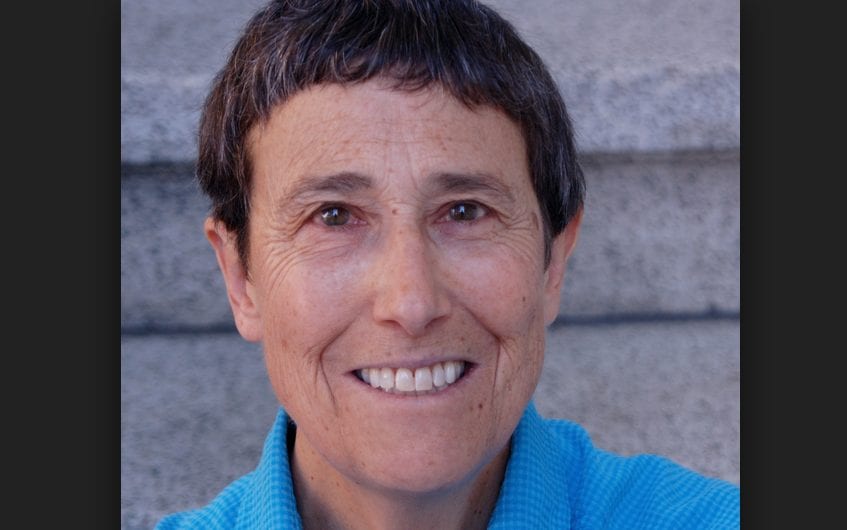Rebecca Gordon used to think that aborting her unborn baby was selfish.
She knew mothers in her life who had achieved great things, including the grandmother of her unborn baby who graduated college after giving birth to six children.
For many years, Gordon, an ethics professor at the University of San Francisco, said she did not bring up the abortion issue in her classes because she was afraid students might think she was a murderer.
But in a column at Common Dreams this week, Gordon shared, “I had an abortion and now I’m not ashamed.”
She described herself as “lucky” because the year was 1974, just one year after the U.S. Supreme Court ruled on Roe v. Wade. Gordon said she was 22 and working on her senior thesis in college when she thought she might be pregnant.
“Until the moment the doctor told me I was pregnant — we didn’t have at-home tests in those days — I’d always believed that, although it was perfectly ethical for other women to have abortions, I would never do so,” she wrote. “In that electric instant, however, I knew that what I had believed about myself was wrong.”
Even though her boyfriend was “sweet” and his mother demonstrated to her women’s strength by graduating from college after raising six children, Gordon said having a baby was not for her.
“I did not want to have a baby. I didn’t know what would come next in my life, but I knew it would not include raising a child,” she wrote.
PRO-LIFE COLLEGE STUDENT? LifeNews is looking for interns interested in writing, social media, or video creation. Contact us today.
Decades later, abortion still is a sensitive topic for her. She continued:
I teach ethics to undergraduates. We often spend class time on issues of sexuality, pleasure, and consent, and by the end of the first class my students always know that I’m a lesbian. I have never, however, taught a class on abortion. In the past, I explained this to friends by saying that I didn’t want some of my students, implicitly or explicitly, to call other students murderers.
But the truth is darker than that. I didn’t want them calling me a murderer.
… It’s not that I think abortion is murder. I don’t think that a zygote, an embryo, or even a fetus is a person. It’s easy to get confused about this when opponents of women’s autonomy call the throbbing of a millimeters-long collection of cells a “fetal heartbeat” and use its presence to prevent women six-weeks pregnant or less from securing an abortion.
Yet, she said she realized that her abortion was a selfish decision, one that destroyed a potential child’s future.
“… at the time, in some secret part of myself, I also believed that my decision not to have children was a selfish one. There was too much I wanted to do in my own life to voluntarily take on the responsibility for the lives of dependent others,” Gordon wrote.
But she concluded by trying to justify her unborn baby’s abortion death as a greater good for society.
“Now, though, as the horrors of climate change reveal themselves daily, I sometimes think that choosing not to bring another resource-devouring, fossil-fuel-burning, carbon-dioxide-emitting American into the world might actually have been the most unselfish thing I’ve ever done,” she wrote.
Gordon seems to be trying to reason away the negative feelings she has struggled with about her abortion for decades. Rather than admit that what she did was wrong, she appears to be trying to convince herself that killing her child was a good thing both for her and for society.
But the problems in this world do not justify killing human beings. Society does not kill humans who are born to fix environmental problems, and babies in the womb, who already are fully human, should be no different.
Post-abortion healing programs are available to help women work through the pain and loss of aborting their child. Programs like Surrender the Secret and Rachel’s Vineyard acknowledge that the pain of abortion comes from the killing of a child, and by accepting that, forgiving themselves and grieving, women can find true healing.

Please click here to read the full story.
Author: Micaiah Bilger




